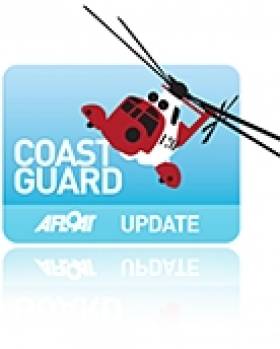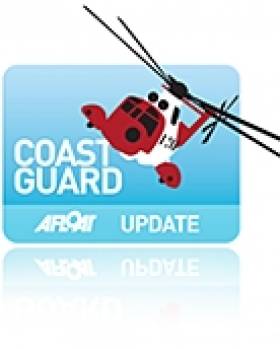Displaying items by tag: secretariat
Italian Coastguard to Deliver Keynote at Dublin Conference
#COASTGUARD - Representaives of Italy's coastguard will give an account of its handling of the Costa Concordia tragedy at an international conference in Dublin next month, The Irish Times reports.
The Italian coastguard has been invited to deliver the keynote address at Search and Rescue 2012, which is being hosted in Ireland for the first time.
It is expected that this address will include a detailed account of the sinking of the cruise liner Costa Concordia last month.
At least 17 people have died and 12 are still missing after the ship ran aground on the western Italian coast. One Irish couple were among the thousands rescued from the stricken vessel.
Meanwhile, attendees at the conference - which is being hosted in the year of Ireland's charing of the EU coastguard network - will also witness demonstrations of the Irish Coast Guard's rescue helicopter fleet at Weston Airport in Leixlip.
As previously reported on Afloat.ie, Irish Coast Guard director Chris Reynolds has been charged with preparing the grounds for a permanent secretariat to be run by EU coastguard officers.
Ireland Bidding for European Coast Guard Secretariat
Ireland is bidding to bring the proposed Europe-wide coastguard secretariat to Dublin, The Irish Times reports.
Irish Coast Guard director Chris Reynolds is in charge of setting up the new office as chair of the EU Heads of Coast Guard network, many functions of which it is expected to assume.
The secretariat - which will meet in Dublin while the particulars of its compositoon are worked out - aims to share search and rescue resources across the EU, as well as assist in pollution response, patrolling of fisheries and maritime security.
One of Reynolds' main tasks is to "draw up procedures for improved co-operation between European coast guards" and those of non-EU members Norway, Iceland and Russia.
The Irish Times has more on the story HERE.































































